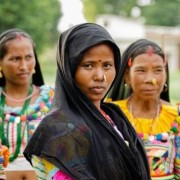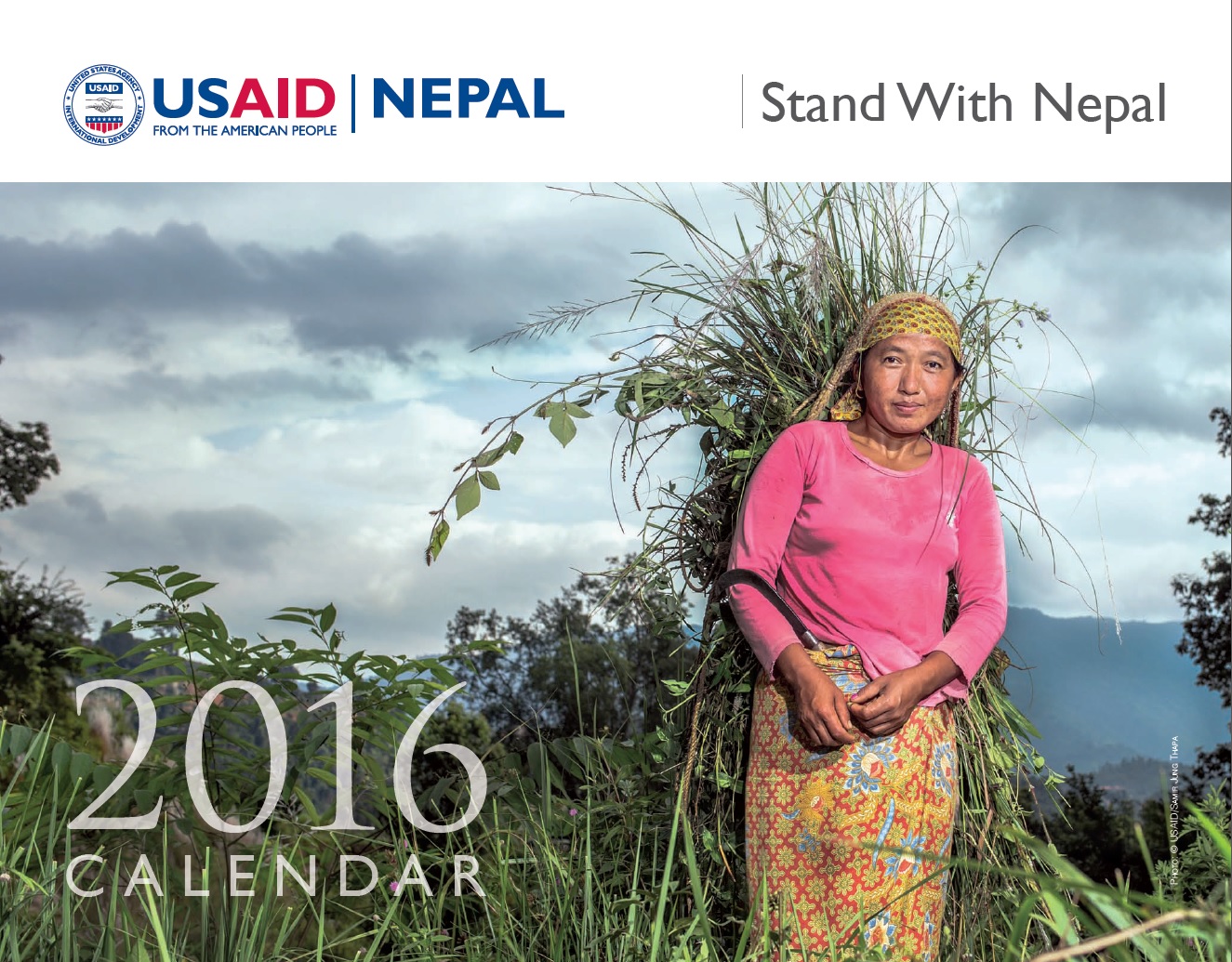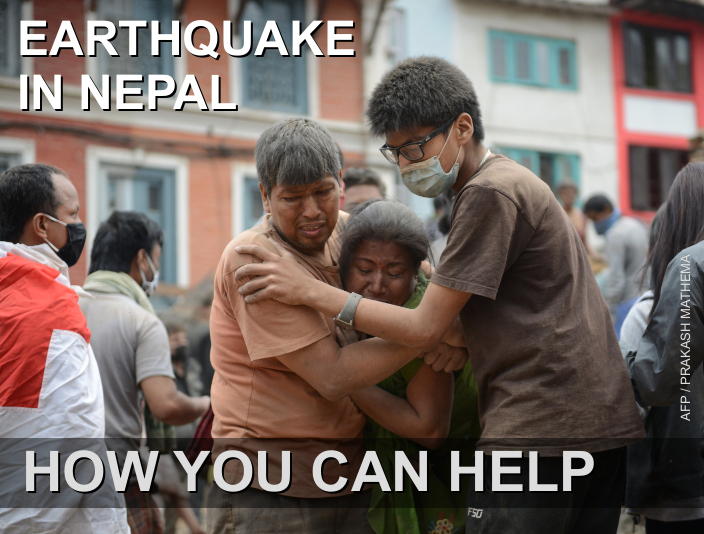USAID supports schools that are safe spaces, free of all forms of gender-based violence, where girls and boys are able to equitably learn and become empowered to protect themselves and counter harmful social norms and practices.
USAID’s five-year, $9.9 million Nepal Hydropower Development Project (NHDP), supports the Government of Nepal's efforts to expand the country’s access to modern, high-quality hydropower services and realize its potential as an energy exporter in South Asia. Working in collaboration with the Investment Board of Nepal (IBN), the NEA, and the Ministry of Energy (MOE), the project will help Nepal facilitate and encourage private sector investment in hydropower in an environmentally and socially sustainable manner.
PAHAL is a five-year, $37 million project that seeks to strengthen livelihoods, improve nutritional status, and increase the capacity of vulnerable households to mitigate, adapt to, and recover from shocks and stresses in rural communities. Mercy Corps and its partners target individuals, households, communities, and systems to help build the resilience of up to 160,000 households, in 14 foodinsecure districts in Nepal.
Sabal is a five-year, $59 million project that works in 11 districts to improve food security and nutrition outcomes at the individual, household, and community levels. Save the Children and its partners implement a multi-sectoral project that includes activities relating to agriculture, livelihood diversification, nutrition, and disaster risk reduction.

Nepal has an undercurrent of pervasive, patriarchal social structures and a deep-rooted ethnic caste system woven into the fabric of an otherwise rich, diverse cultural heritage, restricting progress in all major development sectors. For Nepal to become a more democratic and resilient society, it must give women and girls, those who identify as LGBT, people who are differently abled, and those who come from historically marginalized ethnic groups equal access to resources and decision-making opportunities. USAID Nepal’s Country Development Cooperation Strategy (2014-2019) explicitly recognizes gender equality and social inclusion (GESI) as integral to achieving its governance, economic growth, and human capital goals.











Comment
Make a general inquiry or suggest an improvement.